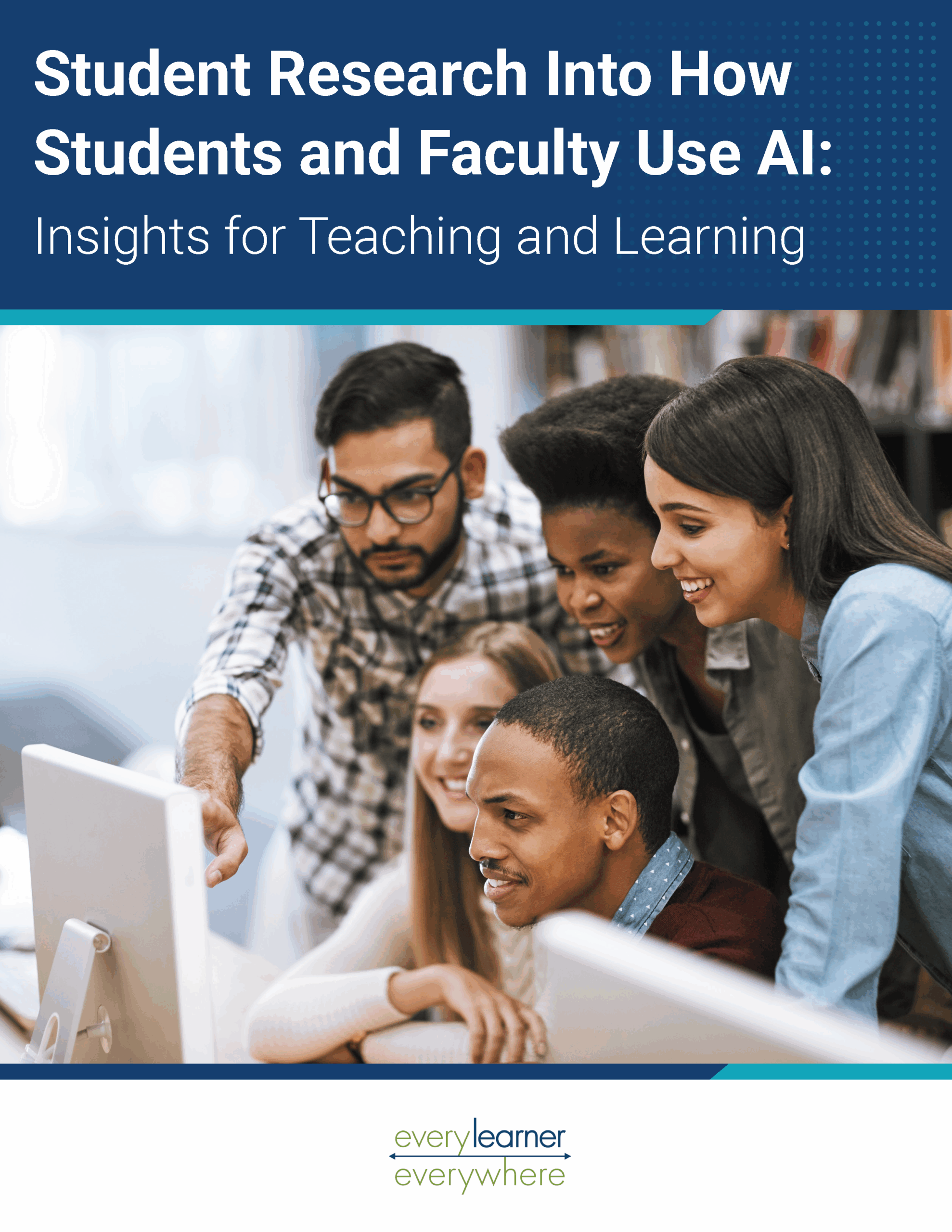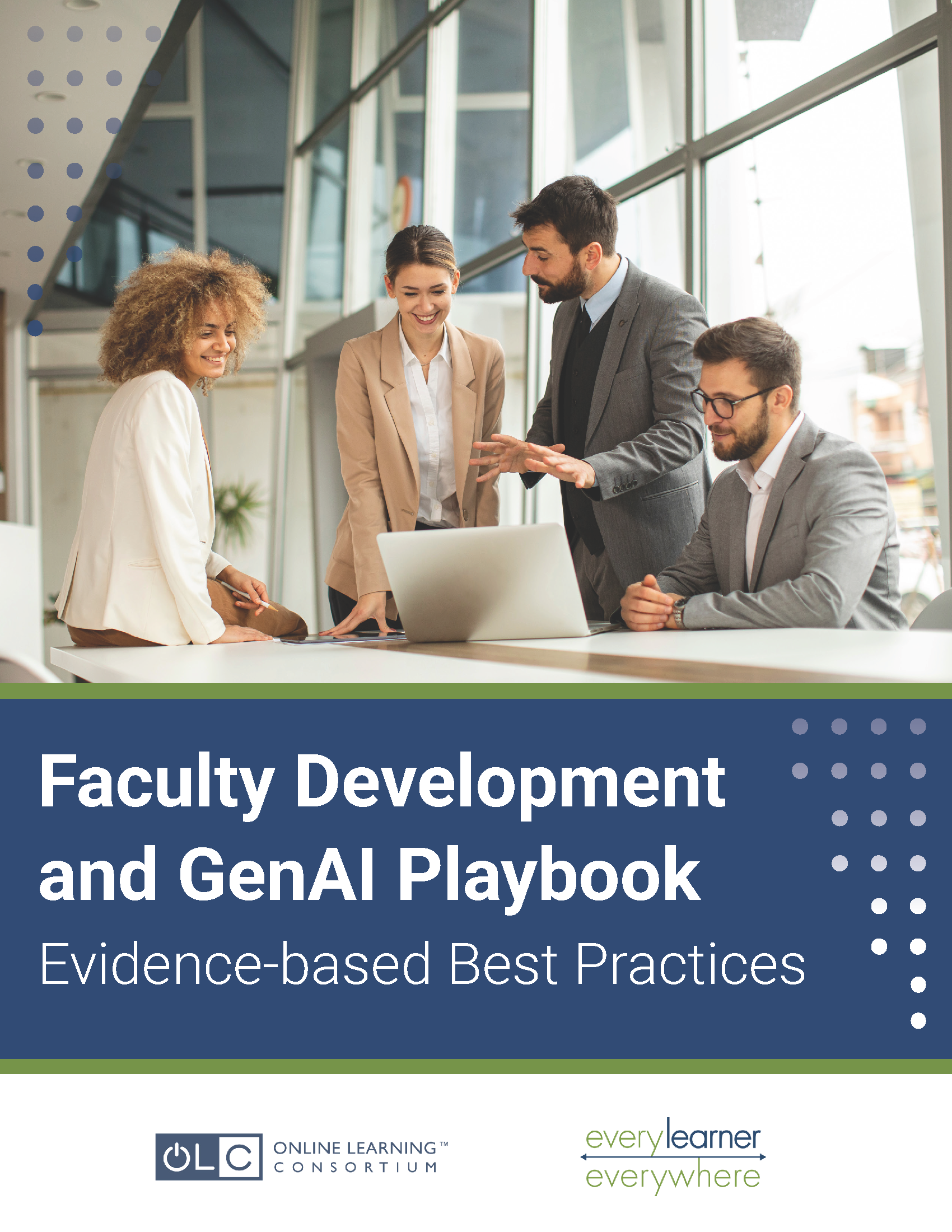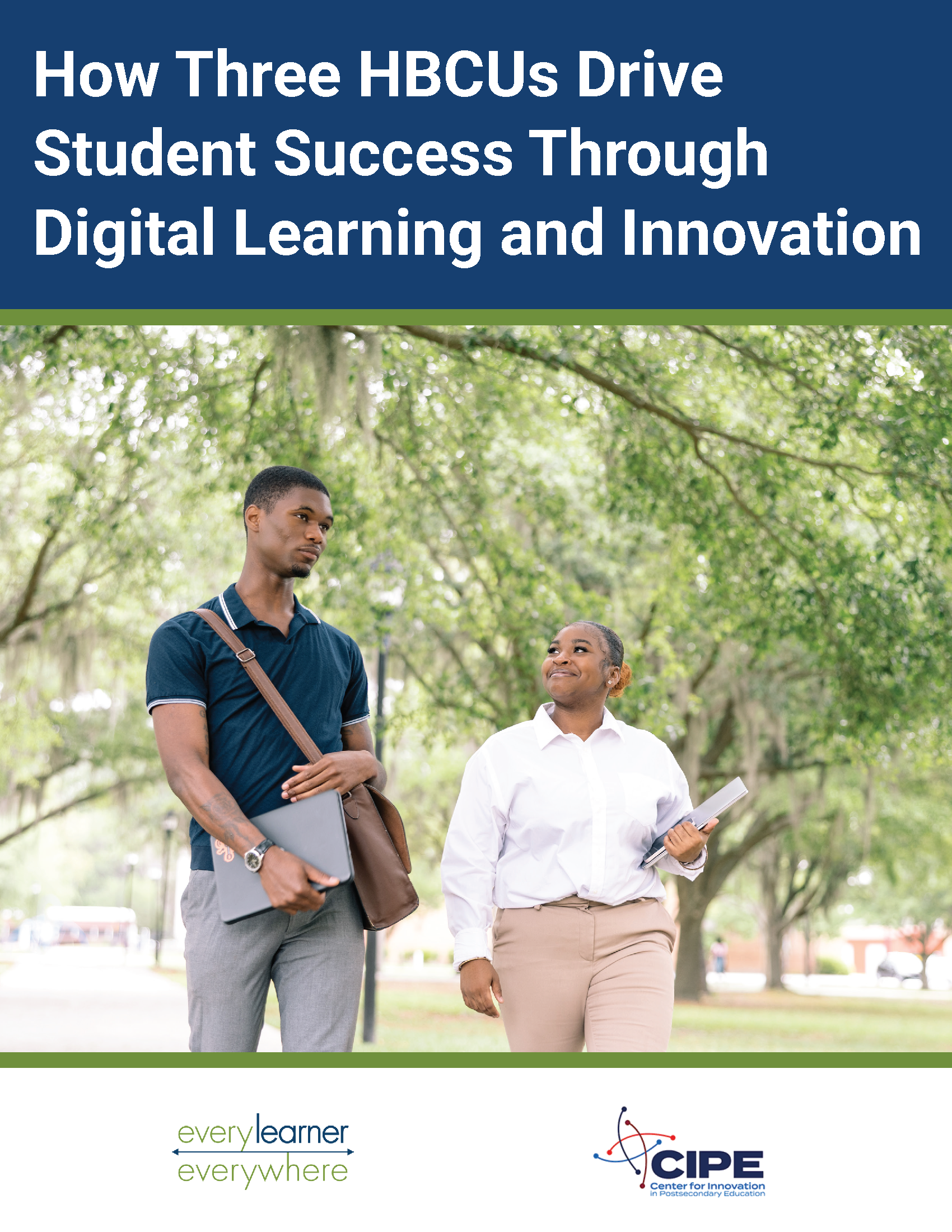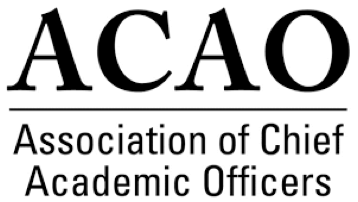

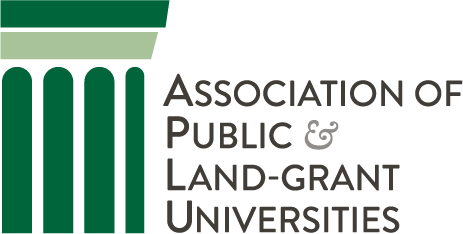
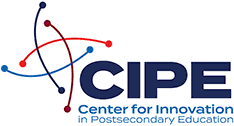
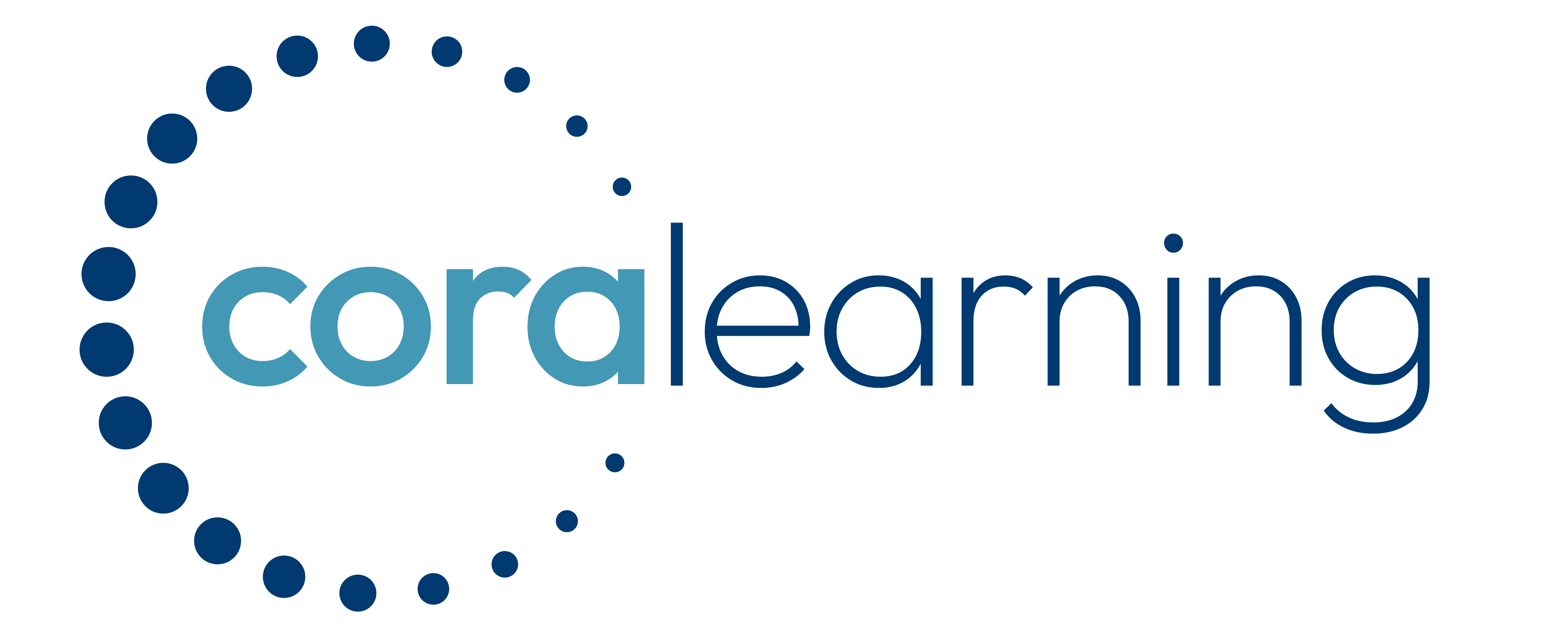
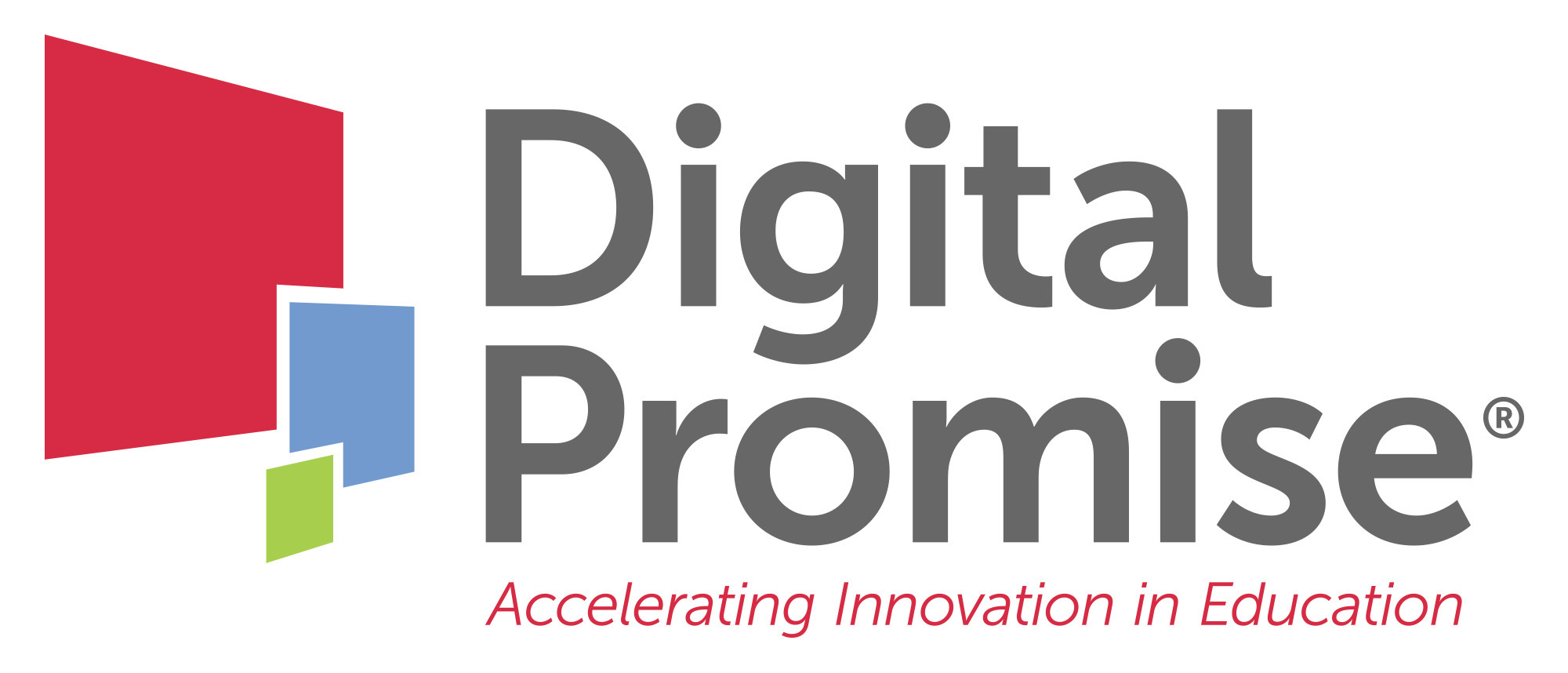

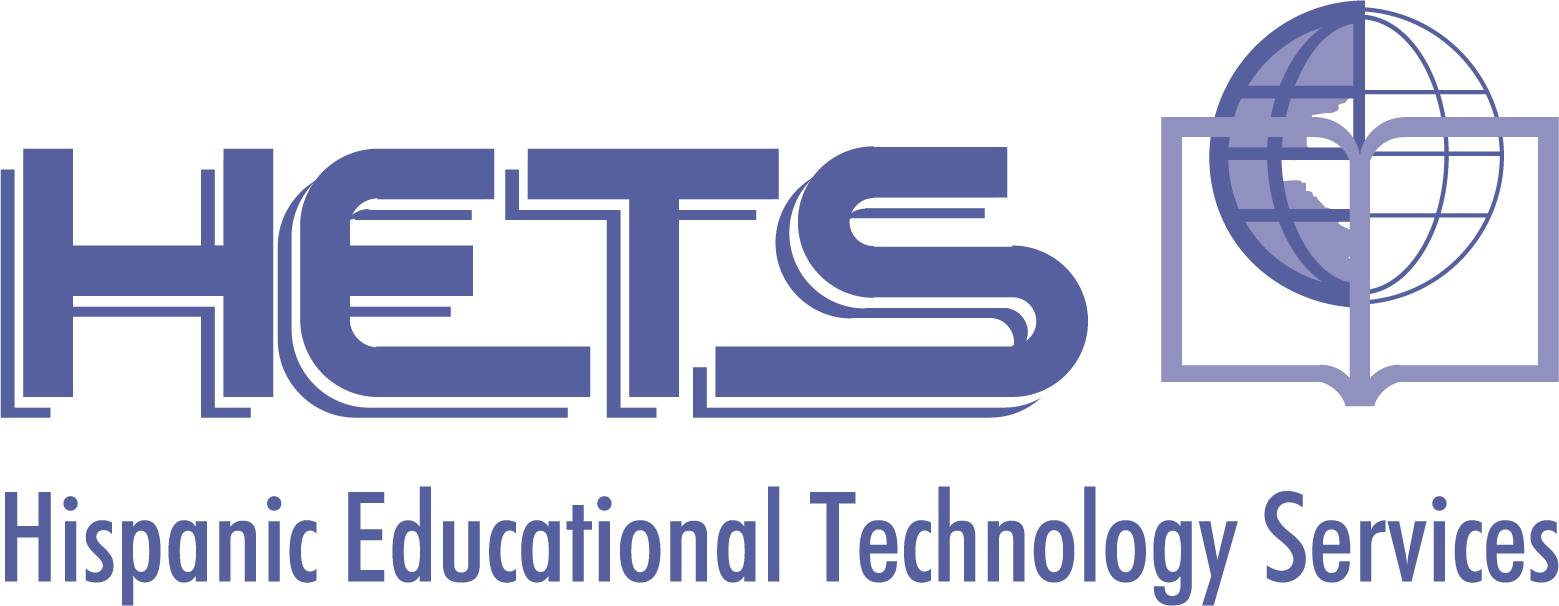

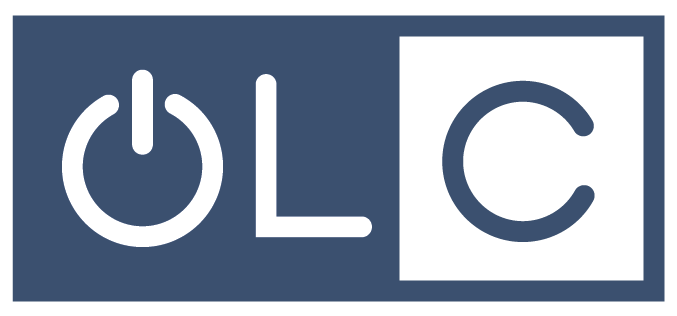
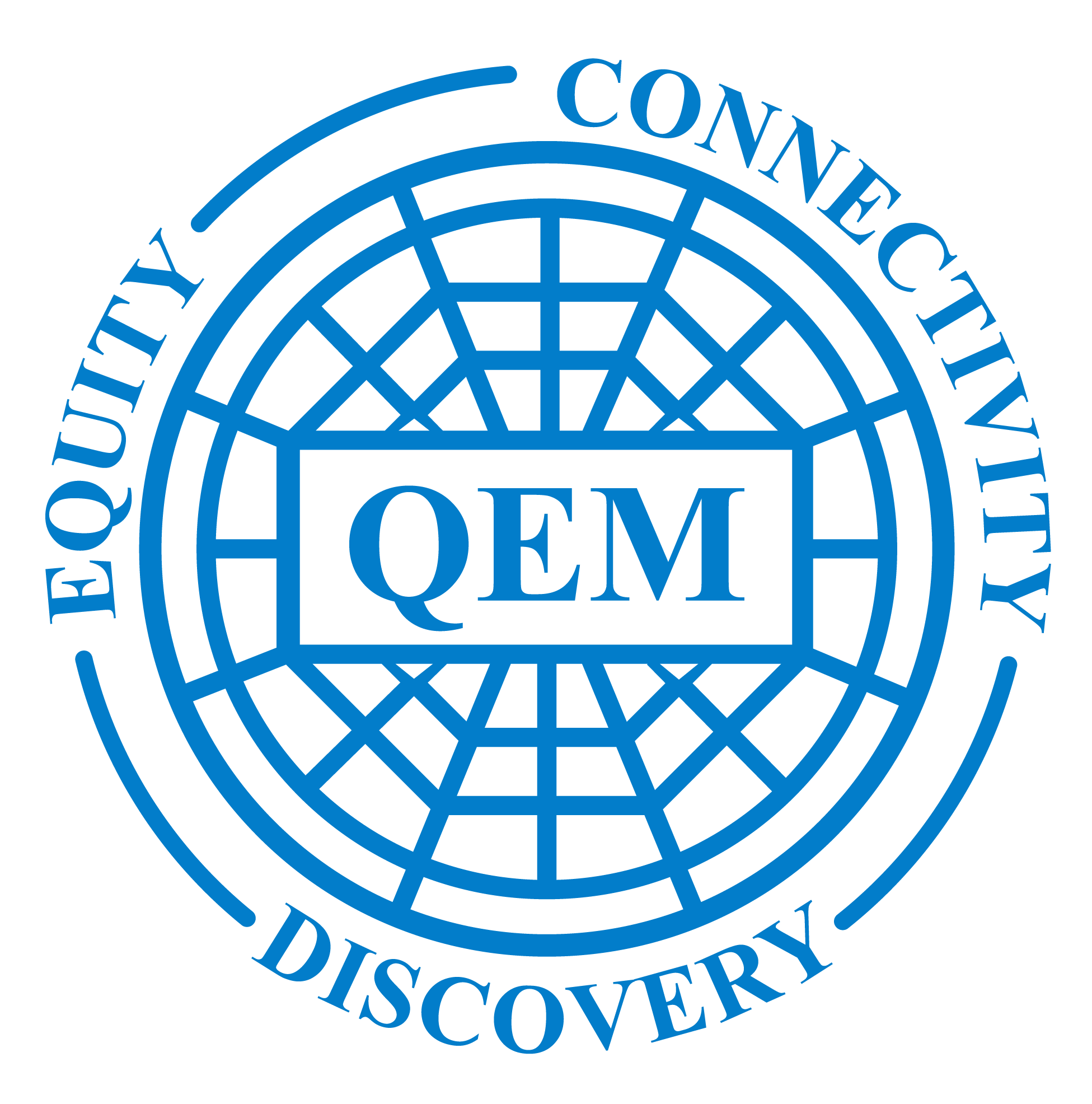
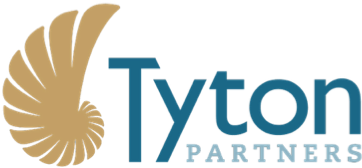

By leveraging digital tools & incorporating effective project management, there are five categories that describe the possible ways we can help:

Planning for Professional Learning
Building institutional capacity to serve every learner through digital learning with evidence-based teaching practices.

Student Success for Digital Learning
Building instructor capacity for discovery, implementation, and improved use of digital learning courseware and tools.

Evaluation and Analytics
Building institutional and instructor capacity for using course-level data to understand learner performance and improve instruction with digital learning.

Course Design and Delivery
Building institutional capacity for managing technology, supporting evidence-based course redesign, providing faculty development, and considering policy and funding strategies for digital learning.

Leadership, Budget, and Policy
Building institutional capacity to assess student needs, conduct learner-focused research, and create a culture of continuous improvement in gateway courses using digital learning.
Recent Posts
Because digital learning has become a baseline institutional responsibility, colleges and universities must support professional learning for faculty and academic leaders. Meanwhile, instructional technologies evolve faster than conferences can accommodate. …
Generative AI is reshaping how faculty design assignments, give feedback, and think about academic integrity, often faster than institutional guidance can keep up. For centers for teaching and learning, faculty …
Institutional context is often missing from guidance to faculty on strategies for effectively implementing digital learning. When instructional practices are considered for a particular institutional setting, it becomes easy to …
Instructors looking to strengthen digital learning in STEM courses often start by asking what new tool might help. But a more reliable path begins one step earlier: naming the evidence-based …
Generative AI is already embedded in students’ academic routines, whether or not their courses explicitly address it. In interviews conducted by student interns during the 2024–25 academic year, undergraduates described …

Every Learner Everywhere® helps institutions improve student engagement and increase academic success in gateway courses through innovative teaching and learning strategies.
Every Learner Everywhere® is a network of partner organizations that collaborate with higher education institutions to improve student outcomes through innovative teaching strategies, including the adoption of adaptive digital learning tools. The emerging evidence base around digital learning shows potential to increase access and engagement, decrease costs, and improve outcomes for every learner. Our network partners represent leaders and innovators in teaching and learning. We have specific expertise in the adoption, implementation, and measurement of digital learning tools as they’re integrated into pedagogical practices.
Recent Resources
January 2026
This report offers a student-centered examination of generative AI in higher education—not a guide or endorsement, but a record of genuine student inquiry into AI’s potential and limitations. Students are already using AI, regardless of institutional policies. This student research helps faculty understand not just what tools students are using, but how they’re thinking about AI’s role in their education.


